Young riders tempted by doping
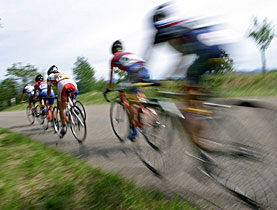
Despite doping scandals and tougher controls, young upcoming Swiss cyclists are still tempted to take products to improve their performances, according to a study.
swissinfo talked to Vanessa Lentillon-Kaestner, a sports psychologist at Lausanne University and author of new research into why young riders on the verge of becoming professional might resort to doping.
Lentillon-Kaestner has carried out the Swiss part of a comparative study, financed by the World Anti-Doping Agency (WADA), into doping among young amateur and professional riders in Switzerland, Belgium and France.
For the study she interviewed eight young Swiss cyclists under 23 who were either due to sign a professional contract or who recently joined a professional team.
The final report is due out in September 2009.
swissinfo: Was it easy to get young riders to talk about doping?
Vanessa Lentillon-Kaestner: Yes. I was quite surprised. No one refused to answer my questions. They spoke quite openly about doping among other cyclists they knew, but less directly about their own experiences.
The advantage here in Switzerland is that the cycling community is very small. By guaranteeing them absolute confidentiality, I was able to gather lots of information and build a good idea of what is happening.
swissinfo: You highlight the fact that young cyclists are not unreceptive to the idea of taking performance-enhancing products. Were you surprised?
V.L.-K.: I was surprised to see that they didn’t show many reservations about doping. They are very curious about doping, talking about it among each other and asking for lots of advice from older riders, who were often involved in doping in the past. For the younger riders doping is a personal choice and they totally believe that they could use doping products one day during their career.
swissinfo: Is this attitude specific to Swiss riders?
V.L.-K.: In France and Belgium young cyclists are much stricter and more negative about doping. This can possibly be explained by the fact that Swiss riders receive insufficient support. Youngsters seek information where they can find it – on the internet and among former riders who use doping products. There is not full awareness about the issue among the Swiss cycling community.
swissinfo: But don’t doping health risks put off young riders?
V.L.-K.: No. None of the young riders told me that doping was dangerous for their health. One of them even told me that it was more dangerous not to use any doping products. The problem is that prevention work is almost non-existent in Switzerland. Riders are not aware of doping health risks.
swissinfo: Wouldn’t it be better to liberalise doping instead of it existing under such hypocritical conditions?
V.L.-K.: I am totally against liberalising doping and so are young riders. Without legislation there would be no limits and that would definitely result in dramatic situations.
Currently doping controls make riders think twice. The fact that products are banned also makes it much more complicated for riders to get their hands on them.
swissinfo: Is the doping situation in cycling the same as in other sports?
V.L.-K.: There is clearly a culture of doping in cycling. But other sports are also affected. There is less transparency in other sports and certain federations often hide doping affairs. There is therefore extensive negative coverage of doping in cycling in the media.
swissinfo: And what about in amateur sports?
V.L.-K.: We carried out another study, commissioned by the Federal Health Office, where we questioned 1,810 amateur sportsmen and women aged 16-22. The first results show that combat sports are the most affected by doping, with judo (6.7 per cent) ahead of boxing. Then you have outdoor sports like skiing, snowboard and climbing, followed by team sports, football and hockey.
Cycling only features in 14th position. In amateur cycling the first experiences of doping are often linked to the abuse of cortisone prescribed as part of therapeutic use exemptions, the famous TUEs.
swissinfo-interview: Samuel Jaberg
There have been a number of high-profile cases in sports involving testosterone:
United States cyclist Floyd Landis tested positive with a testosterone/epitestosterone ratio of 11:1 at the 2006 Tour de France. He was later stripped of the Tour title and banned from cycling for two years.
Baseball star Alex Rodriguez admitted using banned substances from 2001-2003 after Sports Illustrated reported that he tested positive for metenolone enanthate and testosterone during baseball’s anonymous survey in 2003.
Two Belarusian hammer throwers were stripped of silver and bronze medals from the Beijing Olympics after testing positive for testosterone.
“I’m tempted and let’s say curious to try. But I’ve never been ready to take anything. There is always that curiosity where you wonder if it’s really effective.”
“For example, at one point I hesitated about doing it. I began to get good results and felt good but I realised that I was always 5-10 per cent below the level needed to win a race or at least get in the top ten.”
“I know that I’ve never taken anything up to now, but I’m not saying I won’t take anything when I turn professional.”
“Sometimes I wonder whether it’s better for my health to take something than to take nothing at all. After one race I had a haematocrit test. Normally I have a count of 47 or 46, but I was 34-35, and I was knackered, dead.”

In compliance with the JTI standards
More: SWI swissinfo.ch certified by the Journalism Trust Initiative
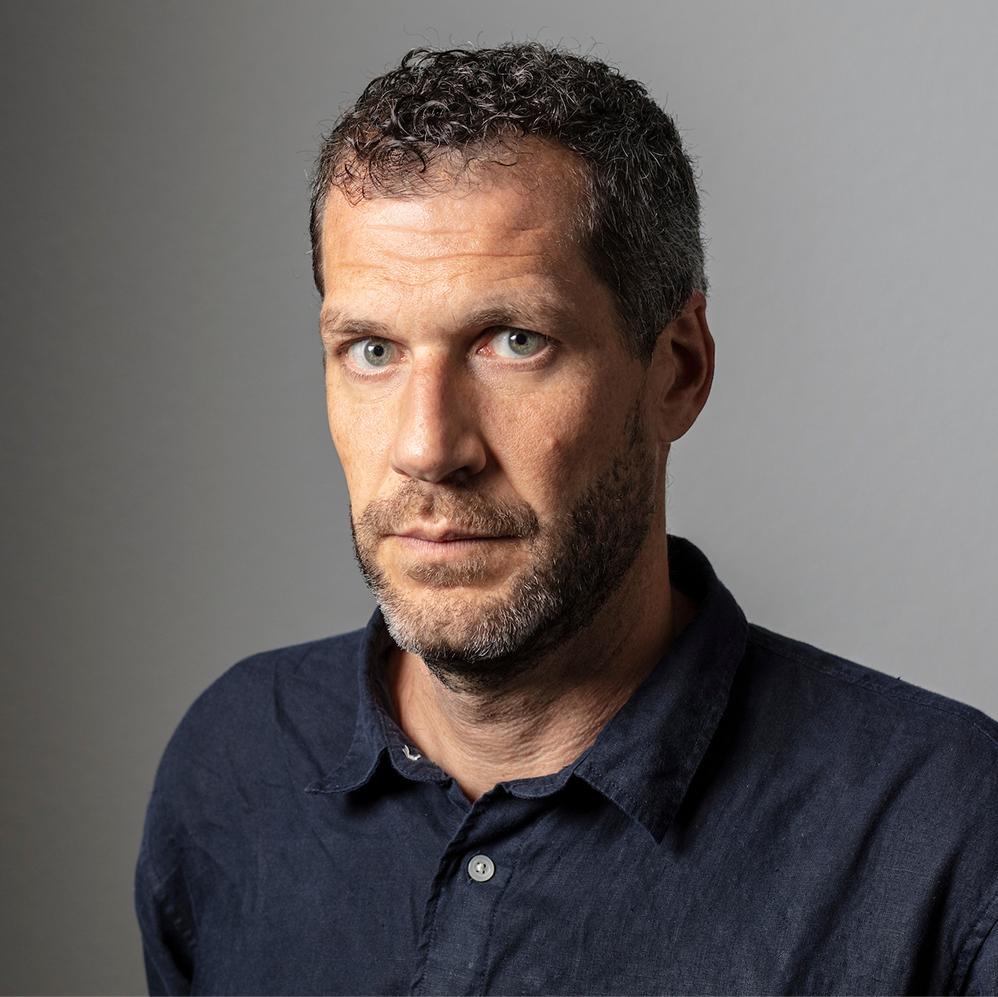
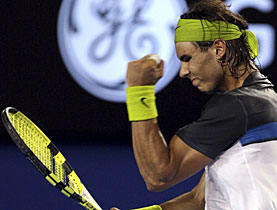
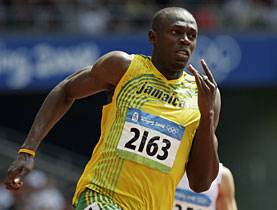
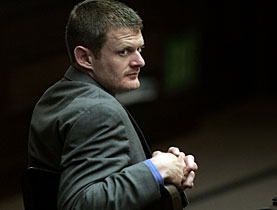
You can find an overview of ongoing debates with our journalists here. Please join us!
If you want to start a conversation about a topic raised in this article or want to report factual errors, email us at english@swissinfo.ch.